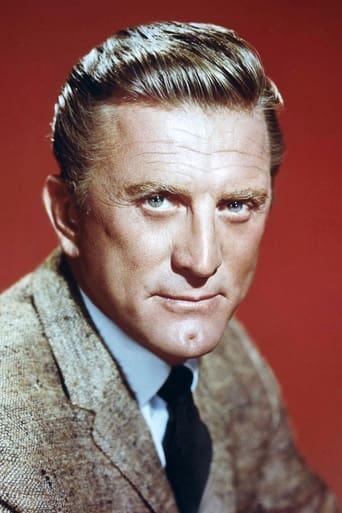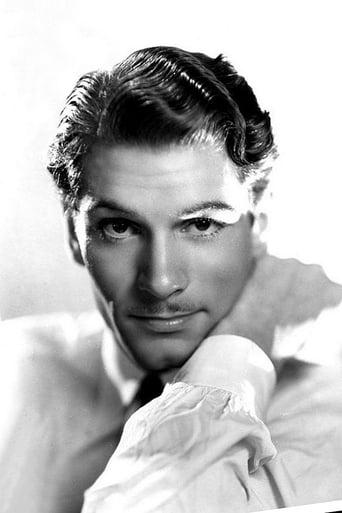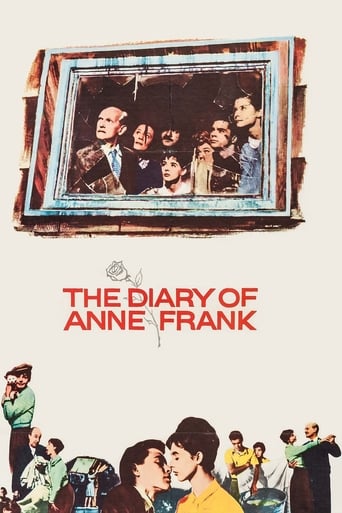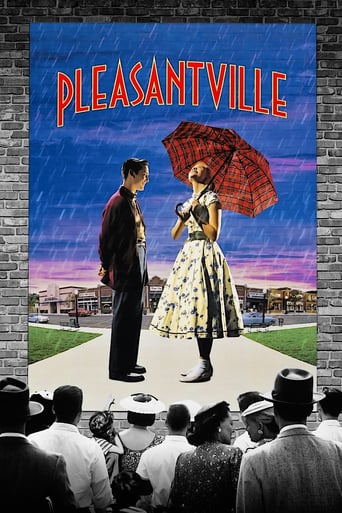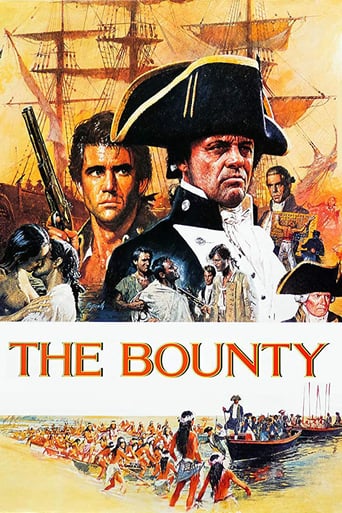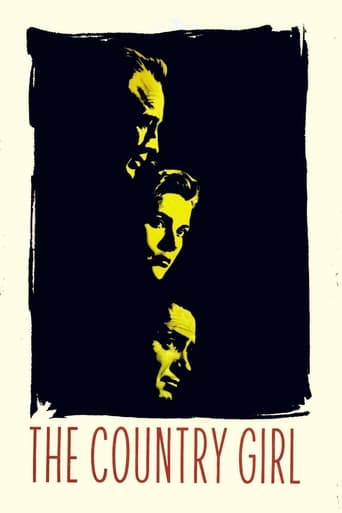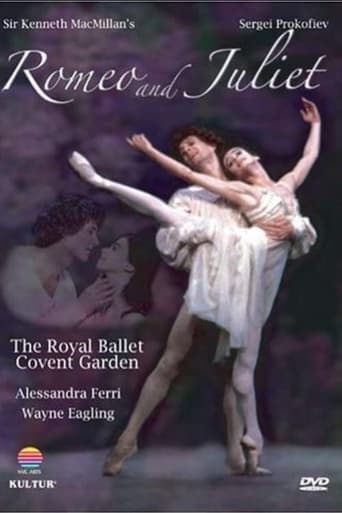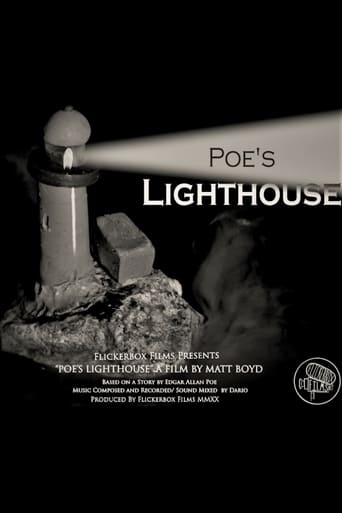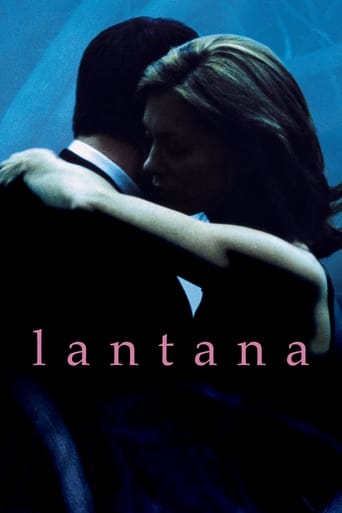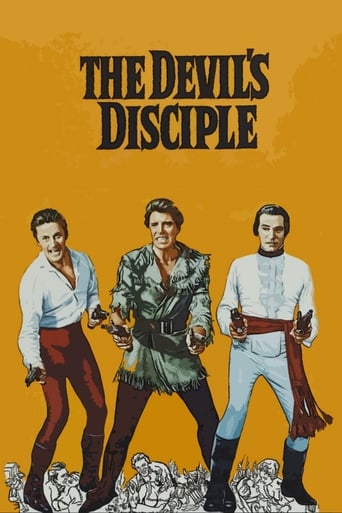

The Devil's Disciple (1959)
In a small New England town during the American War of Independence, Dick Dudgeon, a revolutionary American Puritan, is mistaken for local minister Rev. Anthony Anderson and arrested by the British. Dick discovers himself incapable of accusing another human to suffer and continues to masquerade as the reverend.
Watch Trailer
Cast


Similar titles
Reviews
George Bernard Shaw, as big a name as he was, proves here that no everything he thought of to write was great. I understand his play here was only performed once live. Then these script writers converted it into a screen play.Talented Director Guy Hamilton did this film and the action sequences show his talented touch. The film is short which in this case is an asset. The performers are very talented which helps too. There are a few comedies about the American Revolution, Abbott & Costello's Time of Their Lives comes to mind. In a way, this film has some in common with it. Abbott & Costello were not getting along when they did their film. Here Lancaster, Douglas & Olivier are are trying to get along and get quality screen time. The difference is A&C have ghosts and do obvious comedy. This one has a cheeky style of jokes that in some cases go over the average audience heads.Lancaster is a preacher, Douglas is a sort of rascal, and Olivier is British General Burgoynne (yes, there really was this General). While the facts are few and far between, the characters are very well acted. That is what makes this entertaining. It becomes obvious as the film goes along that Lancaster & Douglas own the production and both of them get their moments in. Olivier pretty much plays the straight man who gets the major speeches and comes off quite well.The most unusual role is Lancaster (the preacher's) wife. She has to play a woman almost on the edge of fooling around with Douglas when her husband gives her the chance. It is an edgy role and really makes the film more interesting than most films. Janette Scott actually brings this role off quite well.Because of the length being short, and the male stars all being at the top of their games, this comes off pretty good despite the farce it is at times.
This is a terrific film. The cast is great, Sir Laurence Olivier's Gentlemanly Johnny Burgoyne is the perfect balance of dreamer, cynic and realist, Burt Lancaster is exceptional as the minister who finds another calling as a patriot, Kirk Douglas is Dick Dudgeon, "devil's disciple", who is probably more righteous than the hypocrites who condemn him for his lifestyle, Janette Scott is the preacher's upright and uptight wife who discovers a less than spiritual side of herself when Dick unselfishly takes her husband's place as a British prisoner soon to be hanged. Harry Andrews rounds out the headliners as the bloodthirsty and officious Major Swindon, who wants to hang seemingly everyone who crosses his path, while reciting platitudes that would make a super-patriot blush. The film starts with the hanging of Dick's father. His brothers and other relatives are scared out of their wits and take the cowardly way out, seeming to ignore the fact. Ne'er do well Dick, however risks his life and brings his father back to the church for a Christian burial. He and Anthony Anderson, the minister engage in a witty chat over Dad's body that evening. The reverend gives Dad a send-off, but the British arrive in town and see the new grave. Dad leaves almost everything to Dick, with a small bequest to Dick's younger brother, excluding their mother. Mom leaves the house in a huff, cursing her son. Rev Anderson is told by Dick's squeeze that the British have seen the grave and are going to arrest Dick. The Rev goes to tell him and brings him home to the rectory, when he receives word that Mrs Dudgeon is dying and needs him (the minister). Anthony leaves Dick with his wife, and then comes a hilarious scene as the uncomfortable and contemptuous Judith makes him feel as unwanted as possible while still keeping up Christian hospitality. Sure enough, the soldiers come and arrest Dick believing he's the reverend. Dick's farewell to his "wife" ends in a steamy kiss and embrace. Judith races to her husband, and in another riotous scene tells him Dick has been arrested in his place. Rev,"Confound Richard. He's given me a debt I can't repay". But the minister takes off in an effort to get the local patriots to help free Dick, but as the narrator relates, they're too busy trying to kill their enemies to save one of their friends. Anthony winds up in the middle of a battle and turns the tide for the Americans. While this is happening, Dick is put on a completely impartial trial, while gallows are constructed outside. More witty exchanges ensue between Dick, Burgoyne and Swindon before Judith tries to save him by telling the British that he's not her husband. It doesn't work and they schedule the hanging. Anthony rides up just in the nick of time and in a new outfit of buckskin, to present terms to Burgoyne and negotiates Dick's release. Judith must choose between her crush on Dick and her newly revived love for her newly remodeled man of action husband. General Burgoyne tells Major Swindon that soon their army will face unfavorable odds and lose. This movie has everything, fine acting, satire, romance, action, slapstick and philosophy. The only thing is, it's too bad it wasn't made in color to see the uniforms and scenery.
When George Bernard Shaw wrote `The Devil's Disciple', it was not one of his favorite plays. In fact, he seldom allowed for it to be performed, while he was alive. By any standard, it does not stand up as well as some of his other plays (`Pygmalion', `Candida', `Saint Joan', `Major Barbara', `Arms and the Man', etc.). This film is rewarded with a screenplay that while uneven at times, maintains the spirit and flavor of Shaw's writing. It is also the beneficiary of three strong performances by Burt Lancaster, Kirk Douglas, and especially, Laurence Olivier. It is rumored that with most of the Lancaster-Douglas films, that the two men would not decide until just before production started, which role they were going to play. In this film, it wouldn't matter. Built on a premise of role reversal, the actors and their roles are interchangeable. In fact, I think it would have been interesting if the movie were filmed twice. Once with the actors in their current roles, and another version with them swapping identities.Both give marvelous performances. Kirk Douglas starts out a little too broad, but you are instantly drawn to him as a man/patriot. His trial scene with Olivier is the highlight of the film. With Lancaster, you can see the foundation work being prepared for his role of `Elmer Gantry'. His fight scene with the soldiers has just the right amount of humor and slapstick. And is anyone as striking as he is when he first enters in his buckskins?But it is Olivier who steals this film. I have read how he did not really enjoy working for Lancaster and Douglas, and so he more or less threw his lines away without much conviction. If that is true, it worked for this picture. He has by far the best lines, best characterization, and straight-men to play off of (especially Harry Andrews). Nice work is also turned in by George Rose.`The Devil's Disciple' is by no means a classic. But it is a must see for film buffs, who want to see three terrific performances, and a pair of friends who obviously had a great chemistry between them, as well as a lot of fun working together.7 out of 10
There is little point denying that the greatest dramatist in England in the 20th Century was George Bernard Shaw. He was a great wit, and he had a view of society that he felt needed expressing in one play after another. But there was something irritating about him that has prevented him from overtaking Shakespeare in drama writing: His desire to give his views on this societal problem or that one led to polemics taking over his writings, so that the plays, even when good, can be uneven. He also displayed a monstrous ego at times that did not deserve to be admired or applauded by the public for most of his ninety three or four years. In 1897 he had only a handful of plays that had been produced to show his talents: WIDOWERS HOUSE and MRS. WARREN'S PROFESSION were the best of these, and the second had been banned by the Lord Chamberlain's office for treating the subject of prostitution as a business. He decided to do a play with one of London's leading actor managers of the time: Mr. William Terris. But while negotiating with Terris to appear in this play. a madman stabbed Terris to death. Looking around for another actor, Shaw contacted Mr. Richard Mansfield, thus beginning a brief business relationship with that stage star. Mansfield produced THE DEVIL'S DESCIPLE in America, where it was a big success (Mansfield also played Dick Dudgeon).Shaw was looking at good and evil in the play, with Dudgeon being an anti-religious type who was cynical. But Dudgeon demonstrates a sense of right and wrong and compassion that is missing from the other characters in the play, making the title very ironic - Dick may boast of worshiping the Devil, but he never hurts anyone. In the play, because of his fast life style, the local Puritanical townspeople (especially his mother) disapprove of him, and all but ostracize him. Then his father's will is read, and they realize he is rich (and the other heirs, especially his mother are poor). Since they are hypocrites, the lucky break for Dick makes them even more vicious toward him (his mother cursing him before she dies). So far so good for Shaw.As I said, the play begins well, and continues fine - introducing high comedy when General Burgoyne appears. Burgoyne was a dramatist too, so Shaw liked him. And here the play (and movie's) problems begin to be felt. Shaw was writing the play in a period that the Whig historians, like George Otto Trevelyan, wrote the history of the American Revolution. Trevelyan's books became best sellers, and were well researched. But he wrote of the Revolution as the backdrop of English Revolutionary spirit as well. To Trevelyan, the English lost the war due to the ineptitude of the Tory regime of Lord North. One example of this was the story of how General Burgoyne's brilliant plan to split the northern colonies in half and conquer both halves one at a time was ruined when the Secretary of State for the Colonies, Lord George Germain, failed to send vital plans to General Sir William Howe to link his men with Burgoyne. Instead, Sir William headed for Philadelphia, which he occupied, and heard nothing about Burgoyne until the latter surrendered in October 1777. The play builds up to a comic misunderstanding between the British and Dudgeon, whom they arrest thinking he is the Reverend - Dick was alone with the wife of the Reverend at the time, and assumes the latter's personality because he does not want a scandal to break out. Soon the Reverend (who supports the Revolution) faces a court martial, with the whimsical Gentleman Johnny asking questions. Although the result is a foregone conclusion, (the British have already hanged Dick's father as the movie begins), Burgoyne is annoyed to discover after the verdict is about to be given that Dick is not the Reverend.This is all in the film, and it still works, especially with Olivier's perfect performance as the British general, who is facing defeat but won't lose his cool about it. But Shaw's source, George Otto Treveylan, is no longer supported by students of history - he is regarded as a Whig who ignored the many errors of his own party, to concentrate on the failures of Lord North and his Tories. One mistake is the story of Lord George Germain's failure to send Sir William Howe his plans, because Lord George felt he had to go on his personal vacation to the country, and would not wait to send out those vital plans. It is not true, after all. Lord George did send Sir William the plans, but Howe ignored them, going out to capture Philadelphia instead. "History will lie as usual" says Burgoyne to Major Swindon. Ironically, Shaw pushed the lie as truth himself. Now everyone who sees the play or film believes that Lord George Germain's vacation plans lost the Revolution. Not really. The forests of upper New York State, the lack of good roads, the immense supply train played vital, the vigor of Benedict Arnold as an American general led to Burgoyne's surrender. But that was not as amusing as Lord George Germain's "failure" to send the vital plans. One recalls the end of John Ford's LIBERTY VALANCE: When given a chance to print the truth of the legend, print the legend!



